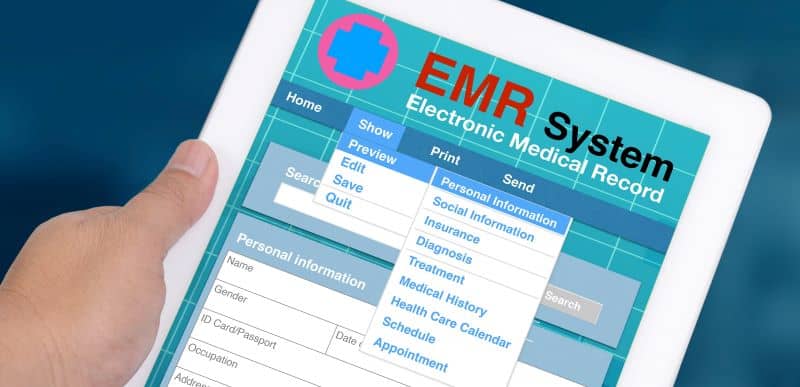This article discusses the importance of implementing EMR systems in lower-middle-income countries LMICs, including the Philippines. It examines challenges and supportive practices, as well as potential capabilities. The authors also discuss potential barriers to EMR adoption and use. Read on to learn more. After reading this article, you will be better equipped to make informed decisions and implement EMR systems in your country. Despite the challenges, these systems can significantly benefit your patients and your hospital.
Importance of integrating EMR systems in LMICs
Integrating EMR systems into a healthcare organization’s workflow is crucial for patient care and operational efficiency. However, data may be duplicated without integration, patient information may be lost or incomplete, and workflows can be disrupted. This article discusses the importance of EMR integration in LMICs. Successful integration will result in better patient outcomes and operational efficiency.
Challenges
One of the most significant challenges in implementing EMR Philippines is a lack of information about health services. Health facilities lack adequate data regarding patient health and treatment. In addition, the Philippines lacks a meaningful use program such as HIPAA, which is necessary for EHR implementation. To address these problems, RTI leveraged the promise of health information technologies.
Supporting practices
The benefits of implementing EMR systems extend beyond improving patient care. They enable better health care coordination and provide standardized, digital records that are safer to share. EMR systems also support claims to Medicare, Medicaid, and insurance companies. Supporting EMR practices also allows for integrated E&M coding tools to help providers code visits and electronically enter records. And as with most healthcare innovations, the Philippines has an appetite for EMR adoption.
Potential challenges
While most of the respondents at the St. Paul’s hospital reported that they were familiar with the EMR, they also reported some challenges in implementing it in their practices. These challenges included low user acceptance, poor project management, and ICT infrastructure issues. Despite these obstacles, the EMR system used by St. Paul’s hospital was still functioning well. The findings indicate that training and follow-up programs are still needed to ensure the system’s proper functioning.
Learn and explore more about EMR systems as you check out Serious MD today!


